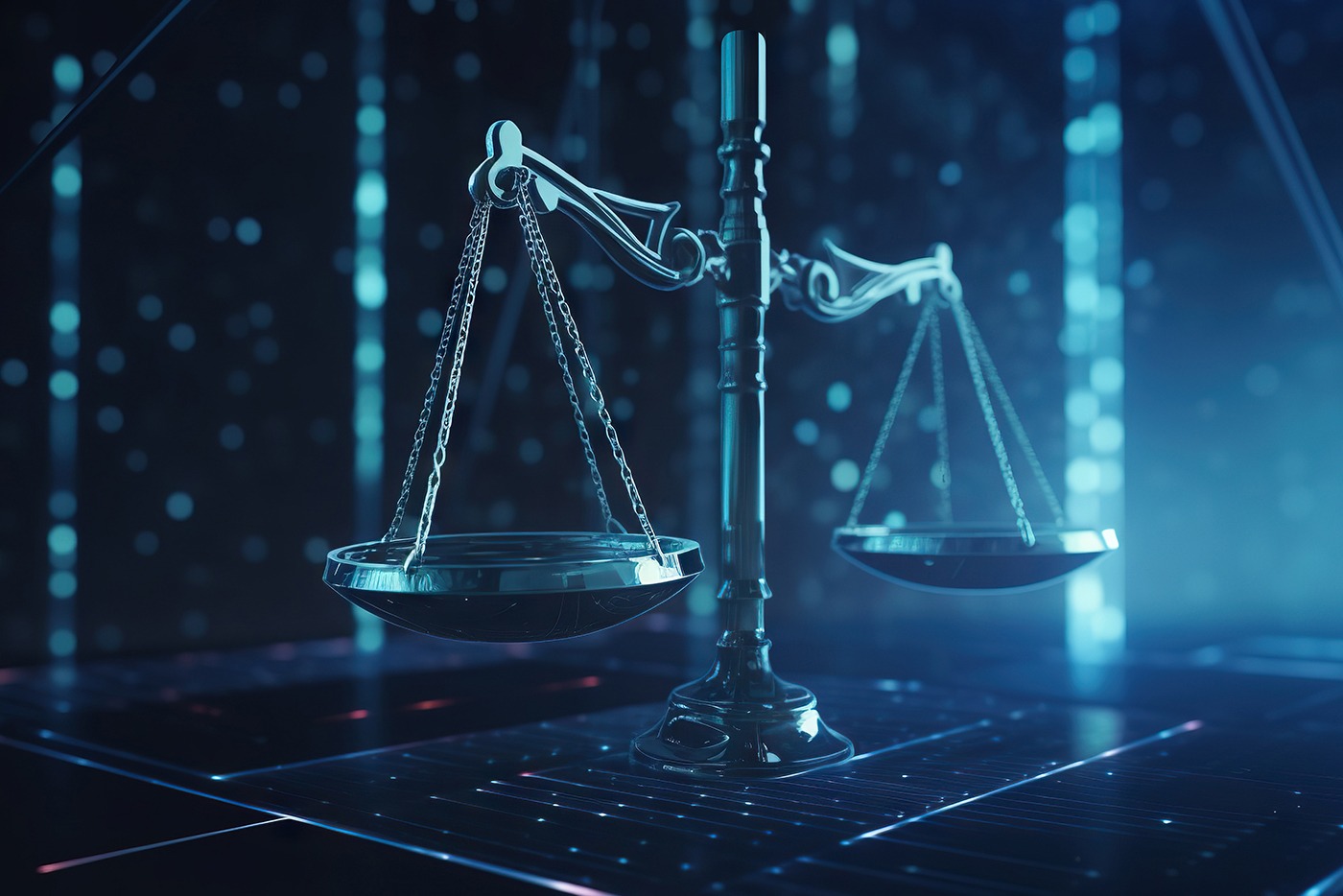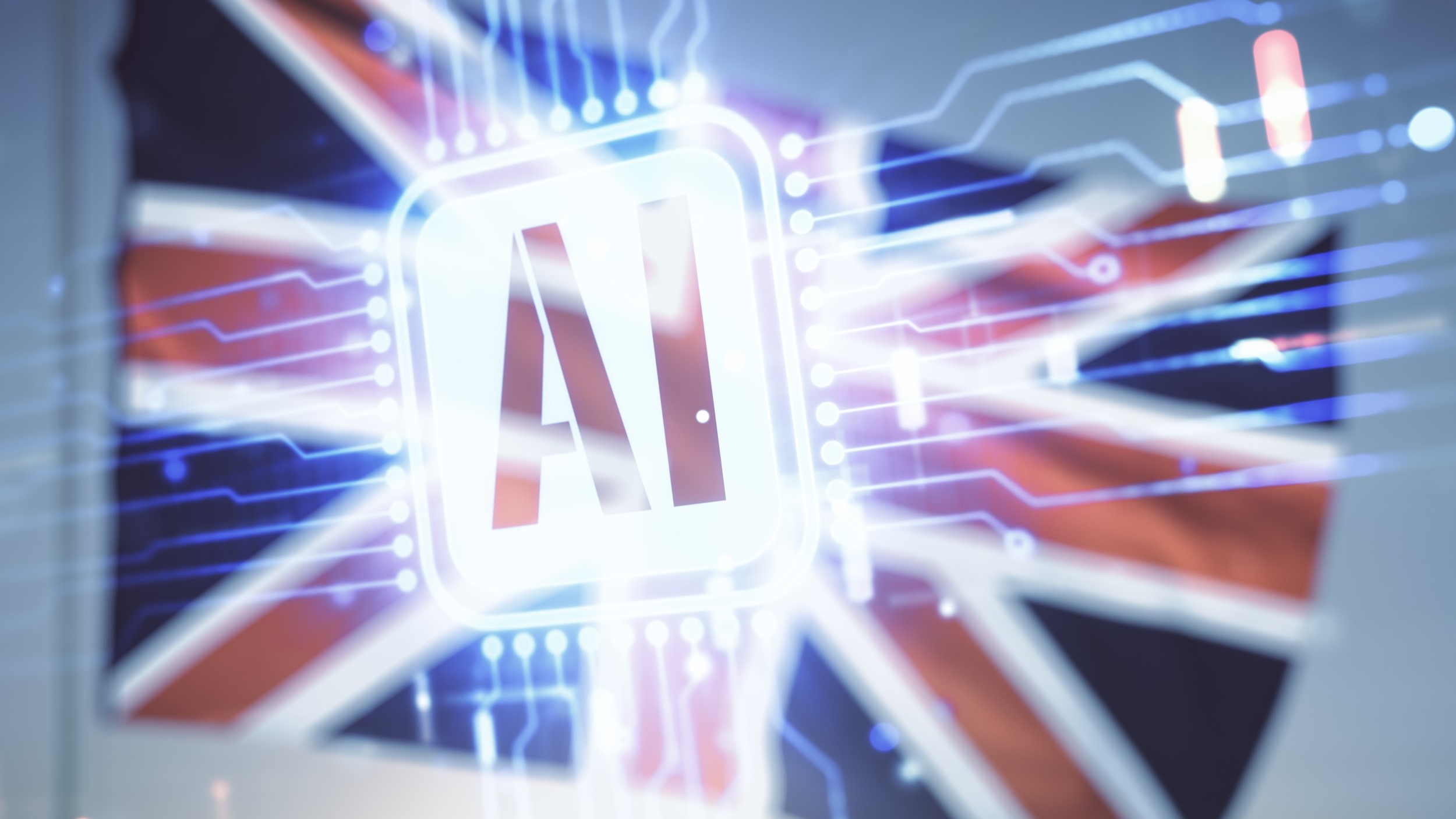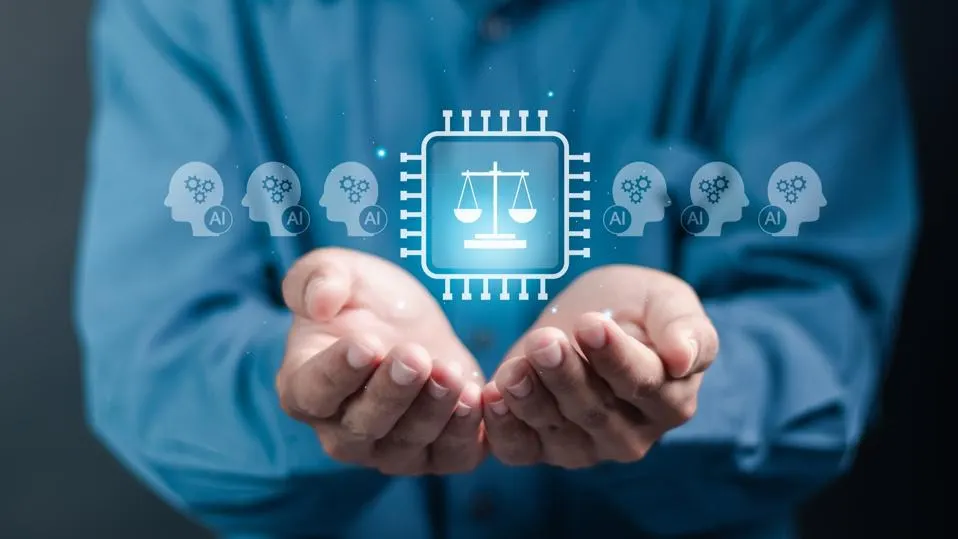How Generative AI Is Used To Fight Miscarriages of Justice At The California Innocence Project
25 October 2023
According to the National Registry of Exonerations, since 1989, the wrongly-convicted have lost 29,950 years of their lives thanks to miscarriages of justice in the US legal system.

In an attempt to tackle this, the California Western School of Law established the California Innocence Project (CIP), which aims to assist in cases where compelling evidence indicates that people have been locked up unfairly.
This is often highly complex, labor-intensive work requiring many hours of dedication by professional lawyers and researchers. However, an innovative artificial intelligence (AI) partnership is helping to hugely speed up the painstaking work, giving hope that it will lead to a reduction in time spent behind bars by innocent people.
In this piece, I’ll take a look at the partnership and the technology behind it, as well as consider the potential impact that generative AI tools can have on the legal profession in general.
What is the California Innocence Project?
The project was founded in 1999 with the aim of freeing the wrongfully convicted, advocating for reform in the justice system and training lawyers and students to deal with miscarriages of justice.
Students are selected from the California Western School of Law to work alongside qualified attorneys on cases where there is evidence of wrongful convictions and incarceration.
It’s one of a number of legal organizations dedicated to overturning wrongful convictions, which, between them, have played a part in securing close to 4,000 exonerations.
Examples of high-profile wins include the overturning of the conviction of Timothy Atkins, who spent 23 years in prison after being wrongfully imprisoned for a murder carried out during a carjacking, and the conviction of Kimberly Long in 2016 for murdering her boyfriend. In both cases, lawyers working with the project uncovered new evidence that persuaded judges that the convictions were unsafe.
How is the California Innocence Project using Generative AI?
To assist with the time-consuming and highly technical work of reviewing mountains of evidence and case law connected to their investigations, CIP lawyers deployed a generative AI model developed by CaseText in partnership with ChatGPT creators OpenAI.
Billed as an AI legal assistant, the platform – known as CoCounsel, is capable of reviewing and summarizing legal documents, preparing depositions and drafting reports. It's based on a large language model (LLM) of the same type used by the OpenAI’s groundbreaking chatbot but specifically trained on legal documents, case law and court proceedings.
According to CIP attorney Michael Semanchik, the time saved by using the tool for these essential but mundane tasks frees the legal team to spend time on tasks that require human interaction. For example, drafting a letter to send to a client traditionally takes around 15 minutes but can now be achieved in under one minute. Complex documents can be summarized in plain English, reducing the time taken by a human to digest and comprehend them.
Of course, working in such a sensitive field means it’s critical that the AI produces accurate output and isn’t affected by bias, hallucinations and other issues that can affect generative AI.
In order to minimize this risk, CoCounsel was beta-tested by lawyers from 400 firms, including multinational law firms, solo practitioners and Fortune 500 companies. Care is also taken that the sensitive information often entered into the system by those using it isn't stored or fed back into the platform for training to mitigate the risk of “leaking” confidential data.
While it’s too early to measure the precise impact that generative AI will have on the work of the CIP, Semanchik expects that in the future, it will mean they are able to take on more clients and potentially overturn greater numbers of wrongful convictions.
As reported by the California Western School of Law Campus News, he believes “There’s no question it can make for better lawyering. I would argue that in the long-term, failure to embrace and utilize AI may result in a lawyer not being the best and most competent advocate for their client.”
How Will Generative AI Impact Lawyers and the Legal System?
Generative AI has the potential to transform the legal profession by automating many routine and time-consuming tasks, aiding in research and helping lawyers to make better decisions.
As an information-intensive field of work, AI companies have been quick to build and bring products to market.
One leading provider of consumer legal services, LegalZoom, has saidthat AI will help it to streamline its operations and eliminate inefficiencies in drafting and reviewing contracts.
ThoughtRiver has developed an AI platform designed to automate the process of reviewing contracts and highlighting risks, and Lex Machina offers a product that aims to predict the behavior of courts and judges, forecasting the likely lengthiness of litigation and potential costs and outcomes.
As well as helping lawyers to work more quickly and productively, innovation in this field has the potential to benefit society as a whole by reducing the cost of accessing justice and legal redress.
There are still barriers to be overcome, in particular around data quality and privacy. However, the potential time and money savings will undoubtedly create incentives for these to be tackled. Overall, it's hard to overstate the opportunities that generative AI creates for driving transformative change in the field of law, and it’s an area where I’m confident we’ll see more exciting developments in the future.
Related Articles
The UK’s Bold AI Plan: A Blueprint For Leading The Future Of Technology
By now, “smart” versions exist of just about every home appliance, gadget and gizmos we can think of. However, manufacturers continue[...]
Will AI Solve The World’s Inequality Problem – Or Make It Worse?
We are standing on the cusp of a new technological revolution. AI is increasingly permeating every aspect of our lives, with intelligent machines transforming the way we live and work.[...]
How You Become Irreplaceable In The Age Of AI
In a world where artificial intelligence is rapidly advancing, many of us are left wondering: Will AI take our jobs?[...]
Why Apple Intelligence Sets A New Gold Standard For AI Privacy
In the rapidly evolving world of artificial intelligence, privacy concerns have become a hot-button issue.[...]
Can Your Device Run Apple Intelligence? What You Need To Know
Apple's announcement of Apple Intelligence has sent waves of excitement through the tech world.[...]
10 Amazing Things You Can Do With Apple Intelligence On Your IPhone
Apple Intelligence is poised to revolutionize the iPhone experience, offering a suite of AI-powered tools that promise to make your digital life easier, more productive, and more creative.[...]
Sign up to Stay in Touch!
Bernard Marr is a world-renowned futurist, influencer and thought leader in the fields of business and technology, with a passion for using technology for the good of humanity.
He is a best-selling author of over 20 books, writes a regular column for Forbes and advises and coaches many of the world’s best-known organisations.
He has a combined following of 4 million people across his social media channels and newsletters and was ranked by LinkedIn as one of the top 5 business influencers in the world.
Bernard’s latest book is ‘Generative AI in Practice’.










Social Media